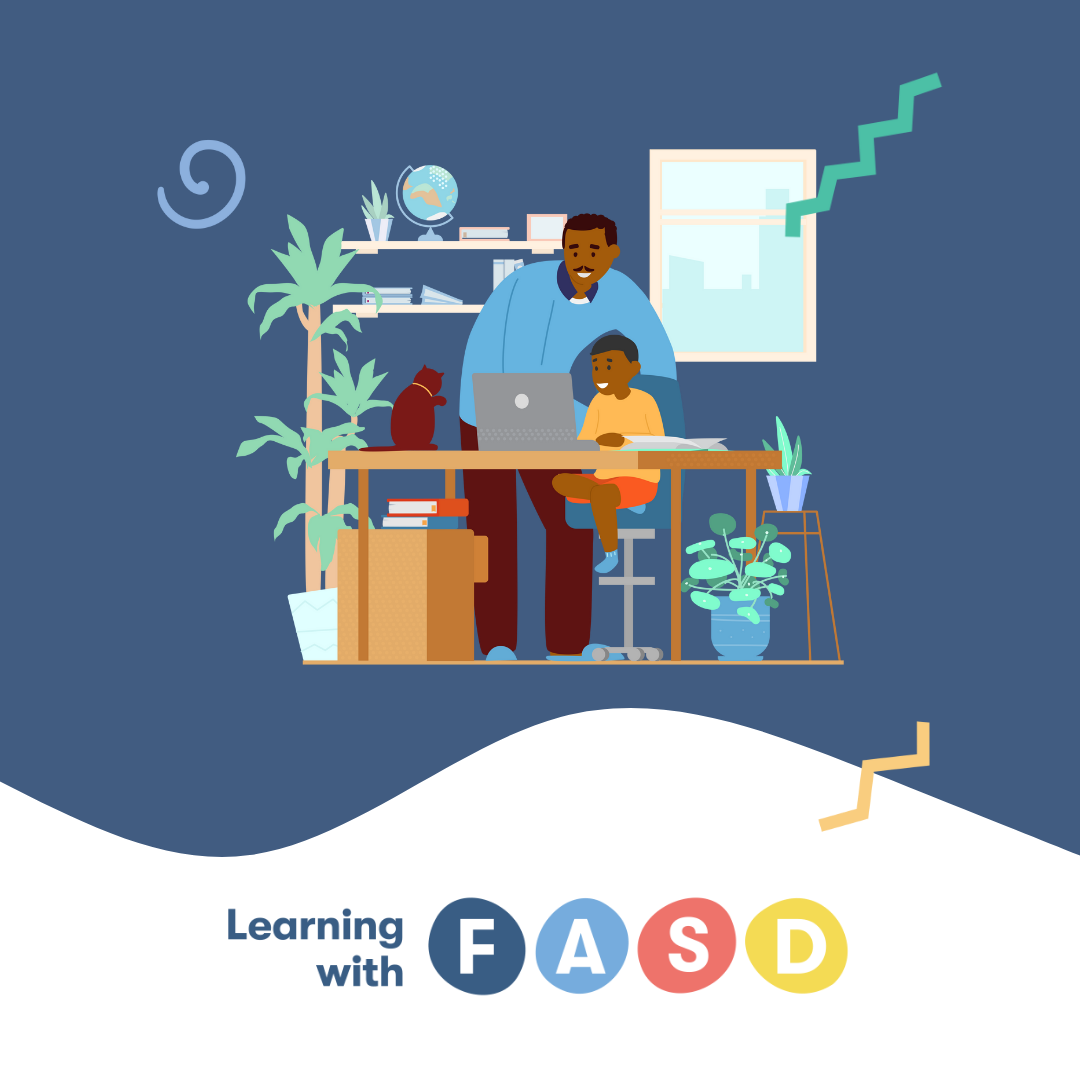Educators can raise concerns and work with health professionals to inform a diagnosis. Along with parents and carers, teachers play an important role describing what they see, identifying triggers that may stimulate a response and other factors that provide challenges. It is critically important that educators understand the strengths and difficulties of a child or young person with FASD and work in partnership with the family.
During the assessment process a teacher may be asked to complete some information about the child. Following a diagnosis, the health professionals will prepare a management plan. Parents are encouraged to share some of this report with the school to assist in coordinated strategies being implemented.
Children and young people with FASD benefit from targeted learning strategies. They may require explicit instruction to acquire skills that typically developing children would learn through observation or generalisation, often related to working memory and attention issues.
Successful learning strategies
- Use visual & auditory cues
- Use clear, simple instructions & tasks
- Lots of repetition
- Break tasks into small steps – recognition that a complex task will be more difficult to complete as several domains of neurodevelopmental functioning may be required
- Hands on learning
- Specifically designed group activities
- Improve self-monitoring with use of devices such as mobile phone calendars and reminders
- Use the Eight Magic Keys to underpin teaching and learning strategies: use concrete and simplified language, be consistent, use lots of repetition, keep a routine and structure to each day, provide lots of supervision
What I wish teachers knew about FASD
Michael and Lina's Story
Common difficulties and tips
Ten domains of neurodevelopment (the brain's neurological pathways that influence performance or functioning) are known to be affected by alcohol exposure in pregnancy. The following information links those ten domains with common difficulties seen in people with FASD and tips for helping to improve skills and manage daily activities.
Education Department websites
Australia
Australian Capital Territory: Disability Education
New South Wales: Disability, learning and support
Northern Territory: Special Education and Disability
Queensland: Students with disability
South Australia: Disabilities and special needs
Tasmania: Students with disability
Victoria: Program for students with disabilities
Western Australia: School of Special Education Needs: Disability
New Zealand
Students with learning support needs - New Zealand Ministry of Education

Learning with FASD
Learning with FASD is a new Australian Government Department of Health funded, easy-to-access online portal housing evidence-based resources and tools to help educators and the broader school community effectively understand and support students with Fetal Alcohol Spectrum Disorder (FASD) in Australian primary schools.
The portal is available at learningwithfasd.org.au and provides information for primary school teachers and support staff on understanding FASD, implementing classroom strategies to support learning, and advice on engaging with parents, caregivers, and families of students with FASD.

Through different eyes
Jointly developed by NOFASD Australia and Early Childhood Australia and supported by the Australian Government Department of Health, the suite of resources, Through Different Eyes: Understanding young children living with Fetal Alcohol Spectrum Disorder, is designed to build educator knowledge, skills and understanding, Evidence shows that individuals who receive appropriate support at an early age will have better long-term outcomes than those whose disability goes unrecognised. Families will also find the resources useful.